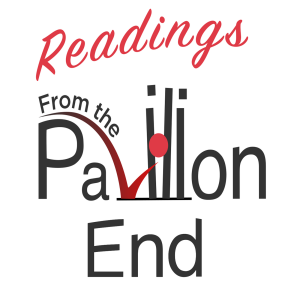
Monday Feb 03, 2025
S4 Ep 6: Sailing to Byzantium by W.B. Yeats
Today we have the first of two canonical poems by W.B. Yeats that form the 'Byzantium poems'. Sailing to Byzantium, dated 1927, was written in the later years of his life and crystallises the poet's 'persistent longing for spiritual redemption through the timelessness of art' (David A. Ross, Critical Companion to William Butler Yeats: A Literary Reference to His Life and Work).
The poem is sensuous, describing the natural world in its fullness that quickly descends also into decay. It recalls Keats' 'Ode to a Nightingale', but where Keats' nightingale pulls the young man towards an afterlife (Away! away! for I will fly to thee), Yeats' golden bird (Of hammered gold and gold enamelling) is set on a bough to sing 'Of what is past, or passing, or to come'.
Byzantium, an Ancient Greek city, later Constantinople and known today as Istanbul, holds an idealised place in Yeats' imagination. In a radio talk in 1921, Yeats described trying to "write about the state of my soul, for it is right for an old man to make his soul" his subject.
Listeners may also find this quote interesting:
“I think if I could be given a month of Antiquity and leave to spend it where I chose, I would spend it in Byzantium a little before Justinian opened St Sophia [ad 537] and closed the Academy of Plato [ad 529]. I think I could find in some little wine shop some philosophical worker in mosaic who could answer all my questions, the supernatural descending nearer to him than to Plotinus even, for the pride of his delicate skill would make what was an instrument of power to Princes and Clerics and a murderous madness in the mob, show us a lovely flexible presence like that of a perfect human body. I think that in early Byzantium, and maybe never before or since in recorded his tory, religious, aesthetic and practical life were one, and that architect and artificers - though not, it may be, poets, for language had been the instrument of contro versy and must have grown abstract - spoke to the multitude and the few alike.”
(Source: https://sites.udel.edu/britlitwiki/notes-on-sailing-to-byzantium/)
No comments yet. Be the first to say something!